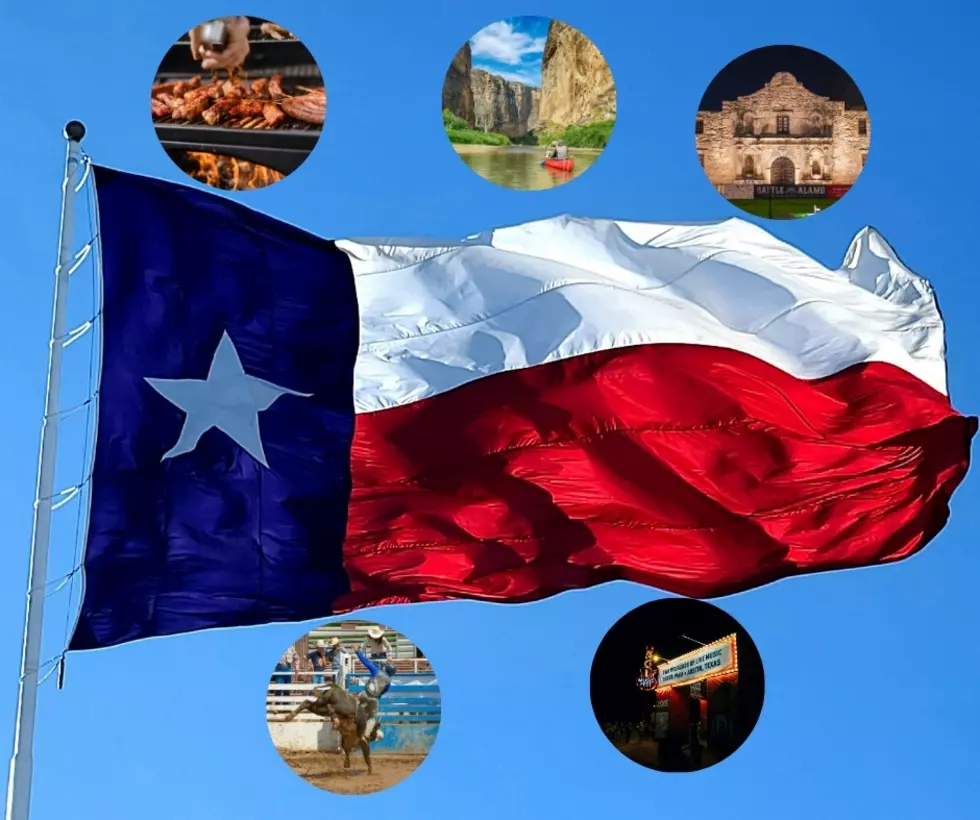
You Can Thank A Texan For Public Broadcasting
If you love Big Bird, Bob Ross or the hushed tones of NPR, you can thank a Texan for that.
The PBS Mission
Even though it's changed with the times, the core of PBS in the U.S. is educational and informational broadcasting without having to worry about advertising. This allows PBS to work without worrying about ratings or fads. It's also allowed PBS to rebroadcast a number of things from across the pond like the enormously successful Downton Abbey, and my favorite from back in the day, Monty Pythons Flying Circus. It brought culture and learning to parts of America that didn't have it before.
The Building Blocks
Where it not for PBS, we would not have the most universally loved television personality in history, the one and only "Mr. Rogers" from "Mister Roger's Neighborhood" that ran from 1968 to 2001. One would think that the goodwill and understanding of that one show alone would be more than enough to celebrate PBS. Oh, then there's that little show called, "Sesame Street" that's been running on PBS since 1969 and is still on today.
The President
So, who is responsible for all of this? Well, of course it took our lawmakers gathering together to make public broadcasting a reality, but it was President Lyndon B. Johnson, out Stonewall, Texas signed the Public Broadcasting Act in 1967. That's right, he may not have built the studios, but without his signature, PBS would have at least been delayed for a bit.
It Changed The World
It may seem a bit quaint to many of you now with your ability to access hundreds if not thousands of media sources, but the advent of public broadcasting and PBS changed the entire landscape of America and made us all a little smarter and a little better.
5 Cities You Should Avoid When Buying A Home In Texas
Gallery Credit: Chrissy
Top Ten Texas Crops
Gallery Credit: Nessmania


